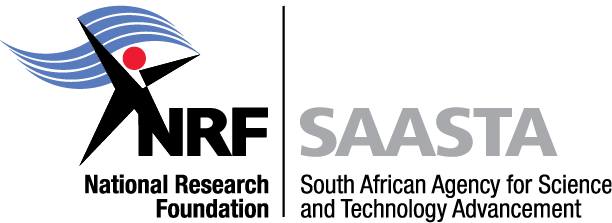Programme / Scientific freedom and the RRING Community working with UNESCO on the Recommendation on Science and Scientific Researchers
‹ back to Programme listerDay
Monday / 5 DEC
14:30 - 16:00
This session will explore current models and frameworks for scientific freedom. In particular, it will explore the H2020 project “RRING” work on the topic, via its work with UNESCO on the Recommendation for Science and Scientific Researchers (RSSR), which embodies the principles of Scientific Freedom.
The RSSR promotes a fair and appropriate status of scientific researchers and informs adequate national science, technology and innovation policies, and policies to ensure that societies use knowledge from all scientific fields in a responsible manner. Scientific freedom is at the core of the RSSR. RSSR promotes:
- the right of researchers “to work in a spirit of intellectual freedom to pursue, expound and defend the scientific truth as they see it, an intellectual freedom which should include protection from undue influences on their independent judgement;”
- “express themselves freely and openly on the ethical, human, scientific, social or ecological value of certain projects.
- “ensure the protection of the human rights, fundamental freedoms and dignity of the human person, and the confidentiality of personal data.”
- “scientific researchers’ right to publish or communicate results”
- “providing scientific researchers in their direct employment with adequate career development prospects and facilities” and “providing the necessary funds and mechanisms for, career development, and/or redeployment”.
The overall project aim of RRING is to bring Responsible Research and Innovation (RRI) into the linked up global world to promote mutual learning and collaboration in RRI. RRING will align RRI to the Sustainable Development Goals (SDGs) and the UNESCO RSSR as a global common denominator and global Framework.
Solutions that the session will explore are:
- Barriers researchers experience in exercising freedom.
- How can the RSSR be enabled as a practical instrument for:
- researcher freedom?
- researcher career security and reduced precarity?
How do funders and funding organisations influence Scientific Freedom?
Speakers:
- Gordon Dalton, Senior Researcher, PLOCAN & International Consortium of Research Staff Associations
- Reda Cimmperman, General secretary , Research Council of Lithuania (Vilnius, Lithuania)
- Pedro Monreal Gonzalez, , UNESCO - Social and Human Sciences Sector (Paris, France)
- Dobrivoje Eric, , Center for Promotion of Science (Belgrade, Serbia)
